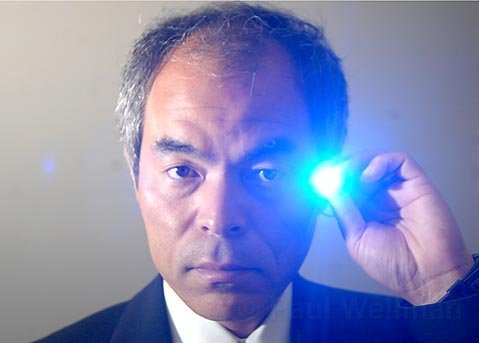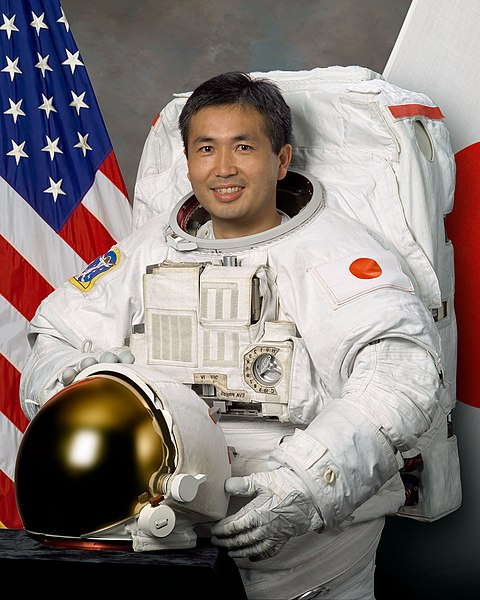Katelyn Lien
AP Japanese 🇯🇵
28 resourcesSee Units
🧪 Science and Research
Japan is known for its scientific research and has made significant contributions to many fields of science. There are many research institutions in Japan that promote scientific advancements and allow Japanese scientists to continue their work.
Below are some of the largest and most well-known Japanese research organizations.
Japan Science and Technology Agency (科学技術振興機構)
- Japanese government agency that funds basic research and commercialization of revolutionary technology
- Headquarters in Kawaguchi, Saitama
- Founded in 1996
- Over 1,200 employees as of April 2019
- Aids in distribution of science and technology information
- Maintains close relationship with universities to foster collaborative research
- Has published about 6,000 research articles
Ministry of Education, Culture, Sports, Science, and Technology (文部科学省)
- Founded in 2001
- Minister, 2 State Ministers, 2 Parliamentary Vice-Ministers, and 2 Deputy Ministers
- Further divided into
- Minister's Secretariat
- Manages MEXT's overall policies
- Performs administrative functions like community relations and policy evaluation
- Director-General for International Affairs
- Assists in activities of the Japanese National Commission for the United Nations Educational, Scientific, and Cultural Organization (UNESCO)
- Promotes international collaboration through education, science, and culture
- Department of Facilities Planning and Disaster Prevention
- Promotes improvement in earthquake resistance and disaster prevention strategies
- Advocates for enhancement of national university campuses to support educational and research activities
Japan Society for the Promotion of Science
- Founded in 1932
- Independent Administrative Institution
- Fosters young researchers and promotes international scientific exchange
- Awards grants for scientific research
🏫 Many Japanese universities also conduct scientific and technological research. Some of the leading Japanese universities are The University of Tokyo, Kyoto University, and Waseda University.
Nobel Prize Recipients
🎖️ Japan has an impressive list of Nobel Prize laureates who have been honored for their excellence in their area of study.
Here are a few recent Japanese recipients:
2014 Nobel Prize in Physics
- Isamu Akasaki, Hiroshi Amano, Shuji Nakamura
- Awarded for invention of blue LED lights (energy-saving light source)

Image Courtesy of Wikipedia
2018 Nobel Prize in Physiology or Medicine
- Tasuku Honjo
- Awarded for discovery of new cancer immunotherapy (shared with James P. Allison)
- Discovered the enzyme activation-induced cytidine deaminase of AID
2019 Nobel Prize in Chemistry
- Akira Yoshino
- Fellow of Asahi Kasei Corporation and professor at Meijo University
- Awarded for the development of lithium-ion batteries (shared with John B. Goodenough and M. Stanley Wittingham)
- Batteries now widely used in cellphones and computers
🛰️ Space Exploration
JAXA, or the Japanese Aerospace Exploration Agency, is Japan's national aerospace research and space agency. It was formed in 2003 after three independent organizations merged.
Currently, its headquarters is in Chōfu, Tokyo, and the president of the agency is Hiroshi Yamakawa. It has over 1,500 regular staff members and many domestic and international researchers.
JAXA is one of the participating agencies involved with the International Space Station. Japan often works as a partner with NASA and the countries' most recent collaborative project is the Artemis.
Japan has successfully launched many high-profile science missions like the HALCA, in which multiple telescopes are used to study astronomical objects and the Hayabusa, which brought back an asteroid sample to Earth.
Koichi Wakata is a well-known Japanese astronaut, or uchū hikōshi (宇宙飛行士). He has spent more than 11 months in space and was the first Japanese commander of the International Space Station. He has also been part of 4 NASA Space Shuttle missions.

Image Courtesy of Wikimedia Commons
💥 Strive for a Five Vocabulary
- hakken (発見): to discover
- kenkyū (研究): to research
- kenkyūsha (研究者): experimenter
- kagakusha (科学者): scientist
- jikken (実験): experiment
- kenbikyō (顕微鏡): microscope
- kakushin (革新): innovation
- deita (データ): data
- keikaku (計画): plan
- hōhō (方法): method
- chishiki (知識): knowledge
- uchū (宇宙): outerspace
- butsuri (物理): physics
- kagaku (化学): chemistry
- kakudai (拡大): to enlarge
Browse Study Guides By Unit
👨👩👧Unit 1 – Families in Japan
🗣Unit 2 – Language & Culture in Japan
🎨Unit 3 – Beauty & Art in Japan
🔬Unit 4 – Science & Technology in Japan
🏠Unit 5 – Quality of Life in Japan
💸Unit 6 – Challenges in Japan
✍️Exam Skills - FRQ/MCQ

Fiveable
Resources
© 2023 Fiveable Inc. All rights reserved.